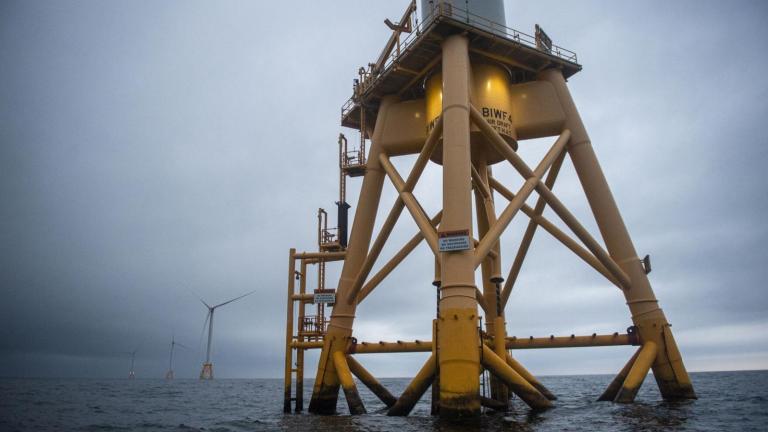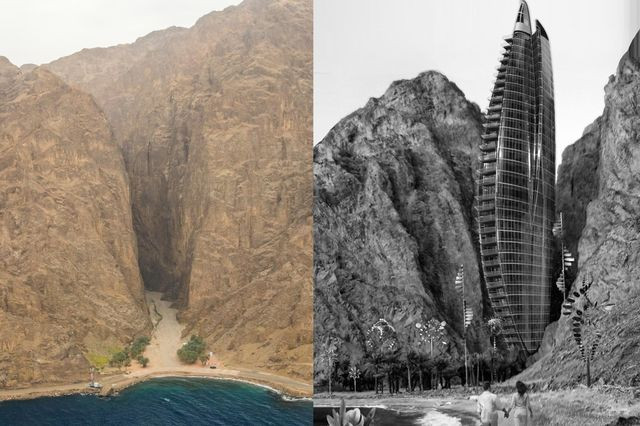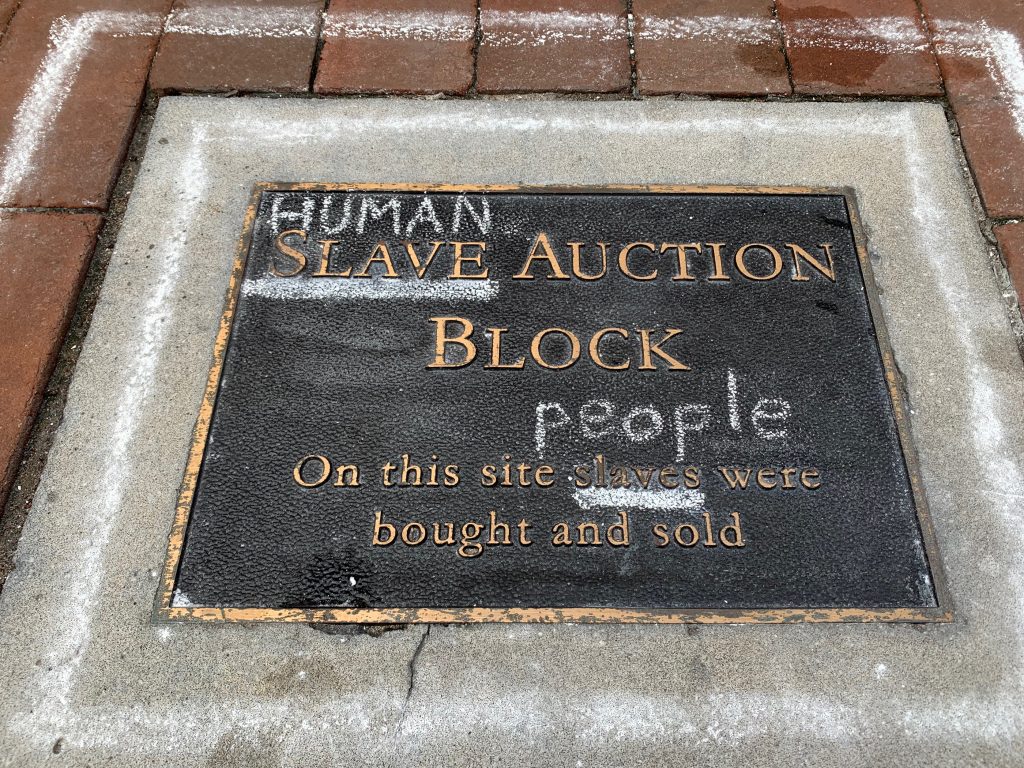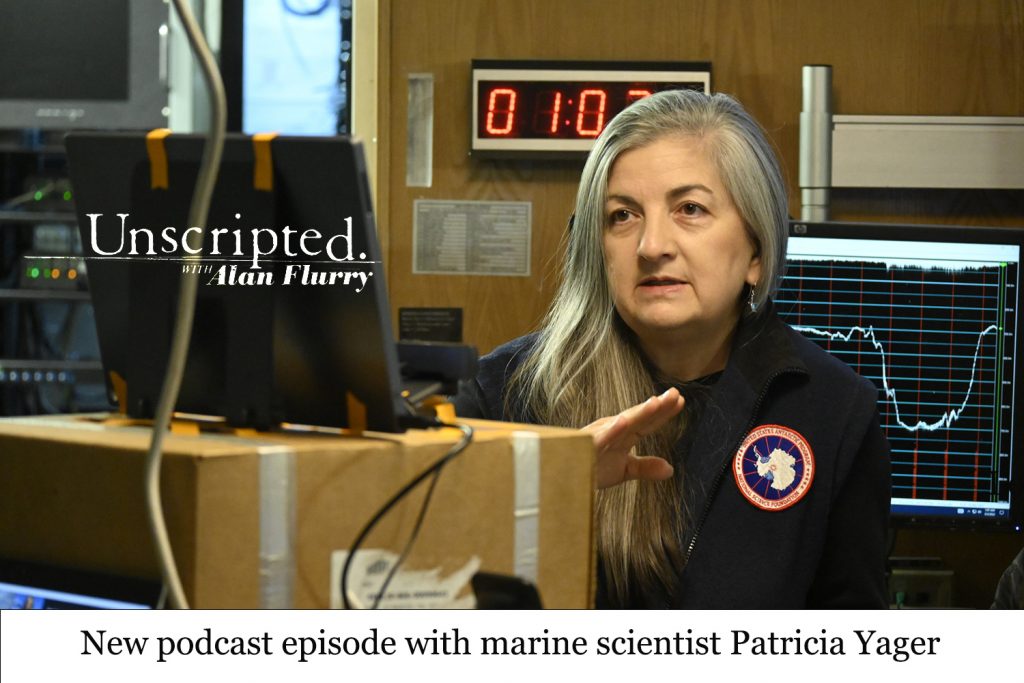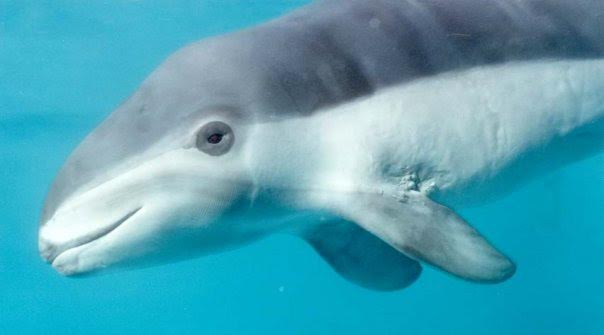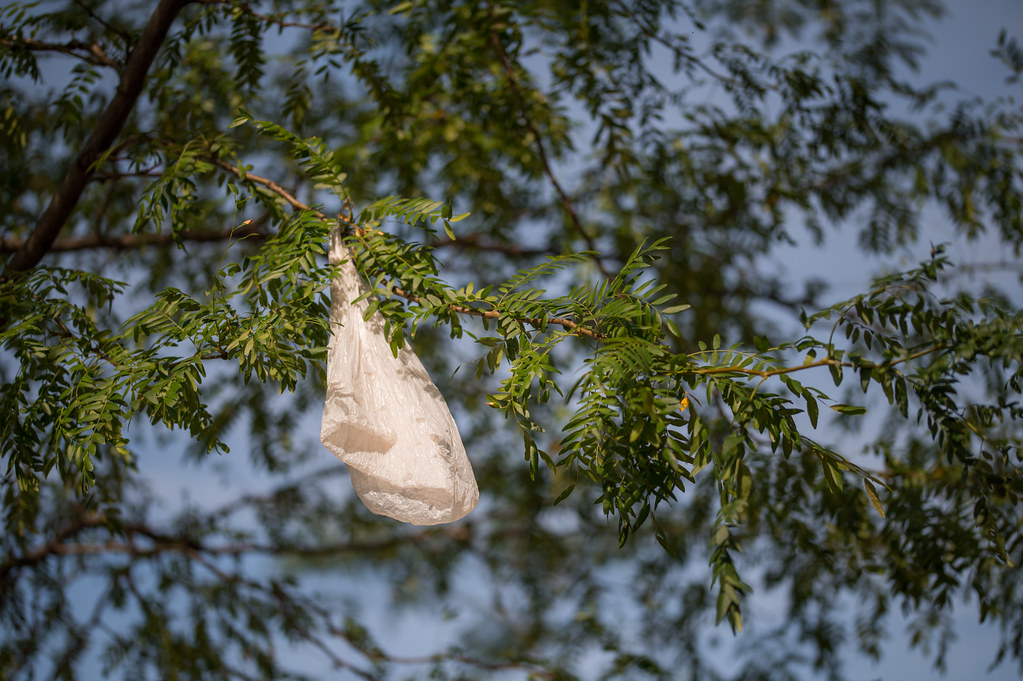Lot lady: What kind of car are you looking for?
Driver man: What kinds you got?
Lot lady: These kinds
California is poised to ban the sale of new gas-powered vehicles — a far-reaching policy that is likely to reverberate throughout the rest of the country and the world.
On Thursday, the California Air Resources Board will issue the new rules that were first rolled out by Governor Gavin Newsom in 2020, which would require 100 percent of new cars sold in the state to be free of carbon emissions, according to The New York Times.
The rule would phase in over time, with 35 percent of new passenger vehicles sold by 2026 and 68 percent by 2030. California says that over 16 percent of new car sales were “zero-emission vehicles” in 2022 — up from 12.41 percent last year and 7.78 percent in 2020.
Note those last few stats about percentages of non-ICE vehicles sold per year. That’s a very big jump and consumer choices are about to get very much wider.
Now, we’ll have to make indie renewable energy generation more commonplace, rooftop solar coming to your neighborhood house. Just enough to power your automobile would be a huge step in the right direction, but then what happens when it keeps working and electricity starts get cheap towards free? Then what will you do, huh? Didn’t think of that!

